-
Recently Browsing 0 members
- No registered users viewing this page.
-
Latest Activity
-
Also look for backpacks that have venting on the back... helps stop things getting too sweaty
-
By justanotheronethen · Posted
Sorry, just been down the park. Here it is: https://www.twickets.live/en/event/1699773442074611712 Thanks again. Will buy you a pint if I I break the curse and get to a festival again 👍 -
By northernangel · Posted
I actually don't remember lol. I just know it was really good and I was a bit gone lol. Great little venue if it's the same place which it expect it is, no queuing. -
Don’t really matter what creation they’ve come up with, priority should be improving the sound
-
-
Latest Festival News
-
Featured Products
-

Monthly GOLD Membership - eFestivals Ad-Free
2.49 GBP/month
-
-
Hot Topics
-
Latest Tourdates





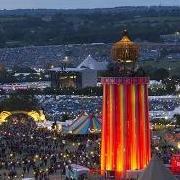
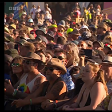

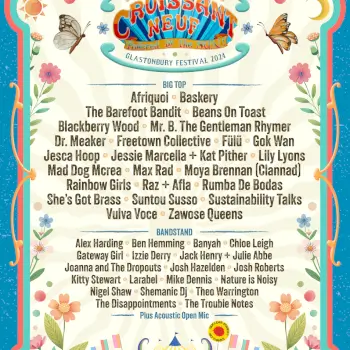


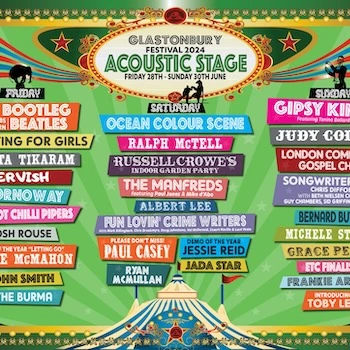
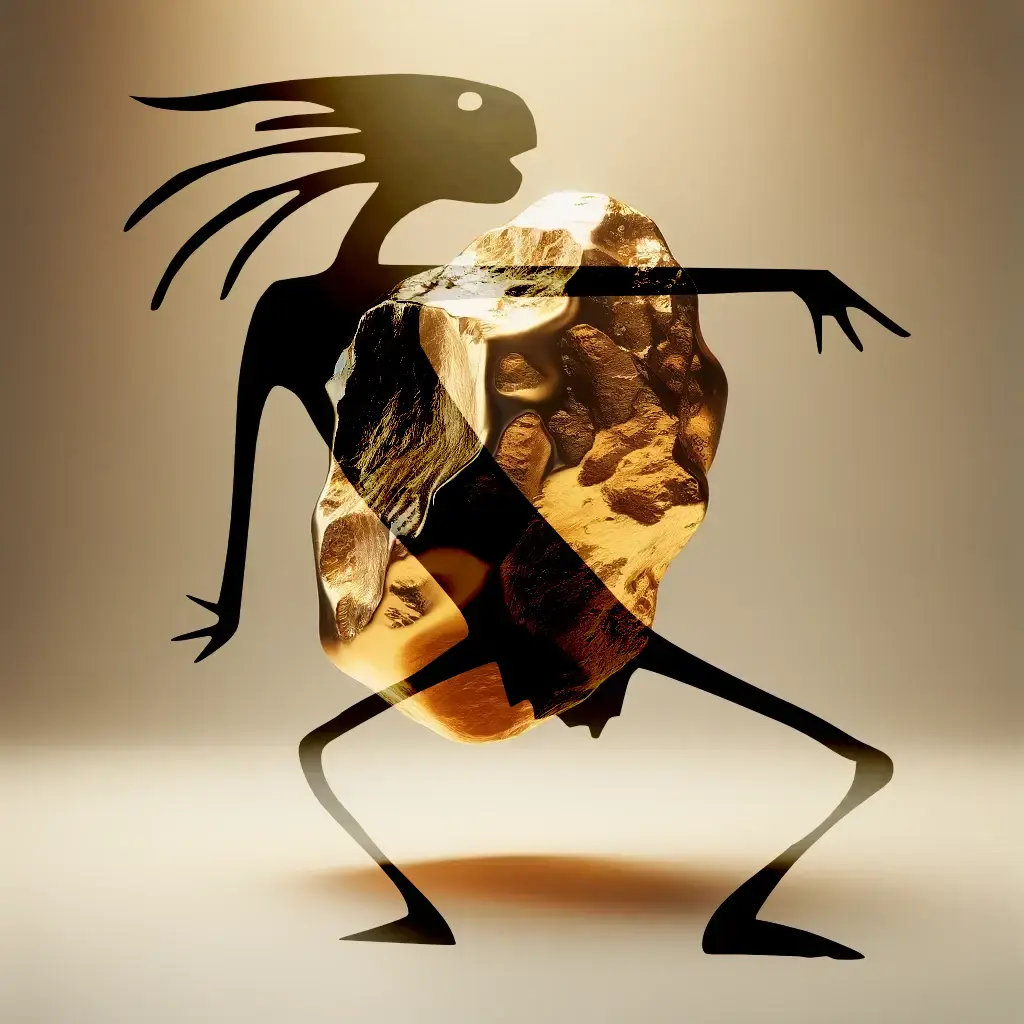





Recommended Posts